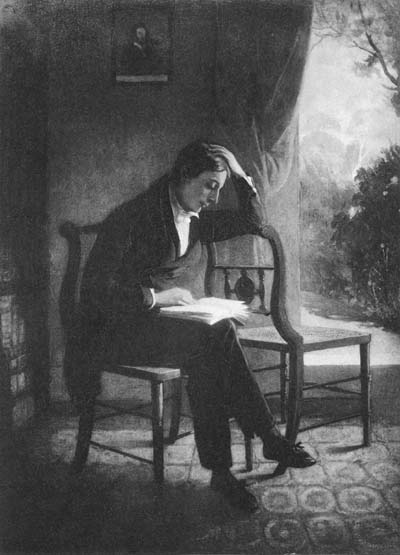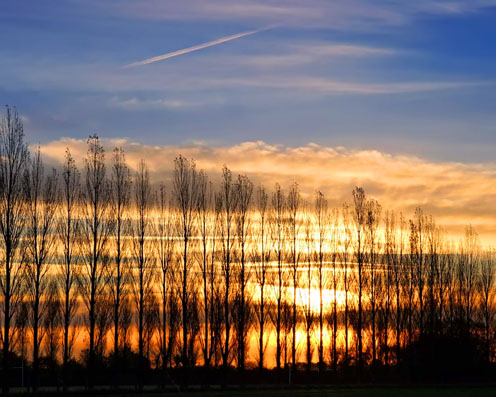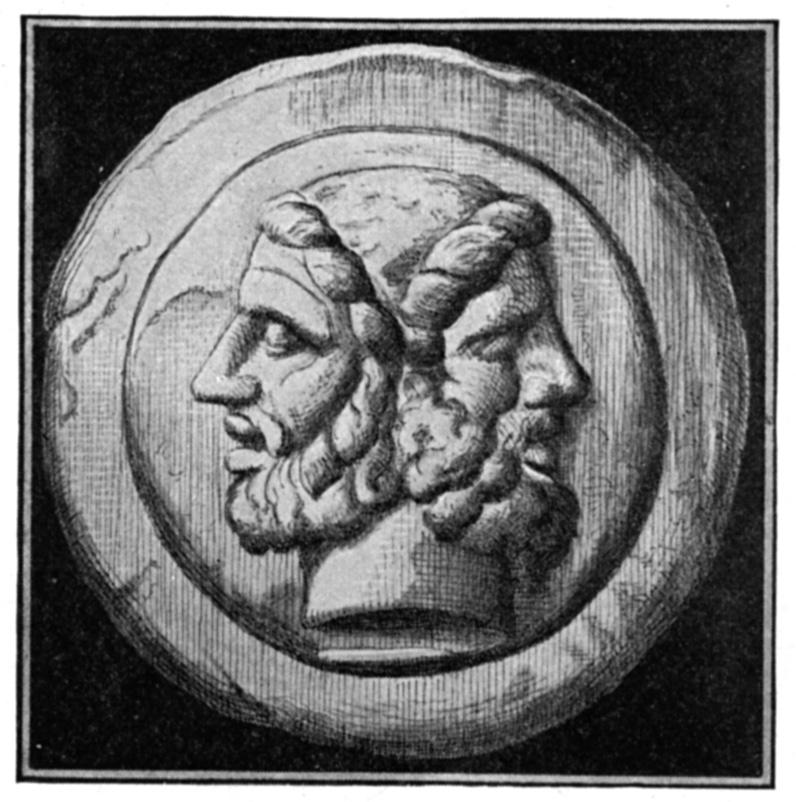Today is the Christian feast of the Epiphany, the revelation of the birth of Jesus to the wider world, through the Three Kings.
It's also known as Little Christmas, the last of the 12 Days of Christmas, the time to take the tree down, and also in Ireland as Nollaig na mBan - Women's Christmas, the time traditionally set aside for women to relax and put their feet up after the festive period.
I am drawn to this day though because of the word 'Epiphany.' Meaning of course, a moment of great revelation, realisation, a manifestation of truth. It's what we were always taught to look out for in literature, especially short stories, and to work towards creating in our own writing. And I suppose our life is full of epiphanies. Religious, spiritual and otherwise. As a writer, I am always on the look-out for them. Poetry of course, maps them well.
This poem by TS Eliot is a very famous one fitting to the day. It is written from the viewpoint of the three kings as they journey to Bethlehem and their 'epiphany', their great realisation after witnessing the child. Something had changed, something to be glad of.
Journey of the Magi - TS Eliot
'A cold coming we had of it,
Just the worst time of the year
For a journey, and such a long journey:
The ways deep and the weather sharp,
The very dead of winter.'
And the camels galled, sore-footed, refractory,
Lying down in the melting snow.
There were times we regretted
The summer palaces on slopes, the terraces,
And the silken girls bringing sherbet.
Then the camel men cursing and grumbling
And running away, and wanting their liquor and women,
And the night-fires going out, and the lack of shelters,
And the cities hostile and the towns unfriendly
And the villages dirty and charging high prices:
A hard time we had of it.
At the end we preferred to travel all night,
Sleeping in snatches,
With the voices singing in our ears, saying
That this was all folly.
Than at dawn we came down to a temperate valley,
Wet, below the snow line, smelling of vegetation;
With a running stream and a water-mill beating the darkness,
And three trees on the low sky,
And an old white horse galloped away in the meadow.
Then we came to a tavern with vine-leaves over the lintel,
Six hands at an open door dicing for pieces of silver,
And feet kicking the empty wine-skins.
But there was no information, and so we continued
And arrived at evening, not a moment too soon
Finding the place; it was (you may say) satisfactory.
All this was a long time ago, I remember,
And I would do it again, but set down
This set down
This: were we led all that way for
Birth or Death? There was a Birth, certainly,
We had evidence and no doubt. I had seen birth and death,
But had thought they were different: this Birth was
Hard and bitter agony for us, like Death, our death.
We returned to our places, these Kingdoms,
But no longer at ease here, in the old dispensation,
With an alien people clutching their gods.
I should be glad of another death.




























